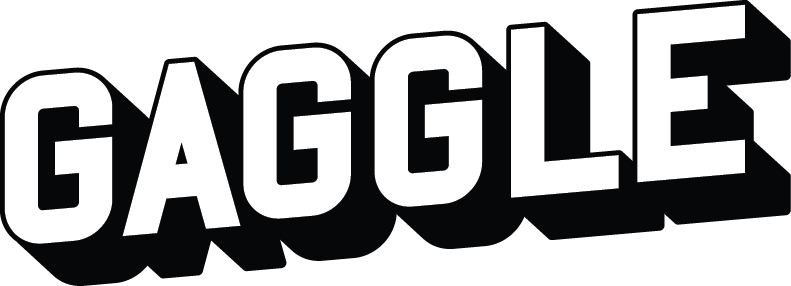6 techniques on how to revise for the 11 Plus
- April 30, 2021
- Posted by: gg-pure
- Category: General
Revision techniques are important as it helps you learn something new but also helps you and teaches you how to keep the information stored and saved in your brain, ready for retrieval when you need it again! There are multiple methods of revision, and sometimes it’s best to work through them all and find out which ones best suit you and helps you revise most efficiently!
1. Making notes
After learning new information, you should try to re write everything you learnt onto another page. This is called making notes. By doing this, it helps summarise everything you have learnt as well as help you to remember this information as your brain is going through it again.
You can make notes on a plain piece of paper, or you can easily summarise what you have learnt into bullet points and write them onto flash cards. Another convenient method is to write summarised notes on sticky notes and you can place these around the house or bedroom so the more you look back at these notes the more your brain remembers it due to constant repetition.
2. Highlighting
You can highlight key points and information directly onto your textbook that you are learning from. This is useful as when you look back at the textbook or revision guide you can easily find the relevant information you need to learn as it is already highlighted. This also makes your textbook more visually appealing which is a positive contributing factor when it comes to revising as it looks less boring and has become more personalised.
3. Explain it to someone else
After learning new information, you can try to teach it and explain it to someone else, for example your sibling or friend or parent. This will help you as you are explaining and elaborating on the information you have learnt, also by repeating what you have learnt again verbally, it helps to stay in your brain for longer.
Once you have tried to explain it to someone, if they have clearly understood what you have taught them, this shows you are confident in the information you have learnt and you can apply this knowledge in different situations.
4. Record yourself
You can read your notes or revision book aloud and record yourself whilst doing so. Whenever you have time for instance whilst you are going for a walk or going to sleep, stick your headphones in and listen to your recording. This is a type of audio learning.
Your brain stores and remembers what you have read initially, and then by hearing it again your brain stores it and remembers it again. The more you do this, the more the memory is strengthened.
5. Make mindmaps
When you have learnt something new, you can create mind maps including information about everything you have learnt. So you can use a plain piece of paper or go on a blank word document, and create a heading in the middle of the page which is the name of the topic you have learnt about. And then you create arrows from this central name and you write down everything you have learnt or know about this specific topic.
You can use coloured pens, highlighters etc to make it look appealing, but essentially the aim is to write down everything you know about the topic on just this one page, spiralling outwards from the central heading, almost looking like a spider web! You can always keep these mind maps and look back at them to revise everything you need about one specific topic.
6. Practice Papers
After learning new information, you should test yourself and do practice papers. You can test your knowledge yourself and see how many questions you got right or wrong, this also highlights to you the parts of the topic you are weaker on and stronger on.
This will help you focus and work more on your weaknesses. After doing the practice papers, always look at the answers and learn what the answers are. Repeat the practice paper after a few days and evaluate again where your strengths and weaknesses are.
Ultimately you want to be able to repeatedly do the practice paper until you are confident with all the various types of questions and topics, and your answers to these questions are as similar as possible to the Answer page so you get as much marks as possible!
Try, test and see which is best!
These are all various types of methods you can use to revise for your 11 plus exam. Some people prefer certain techniques more than others and that is totally fine. Remember we are all different and the way we learn and revise efficiently is different too. So try and attempt all the methods and then find out the one which works best for you!
